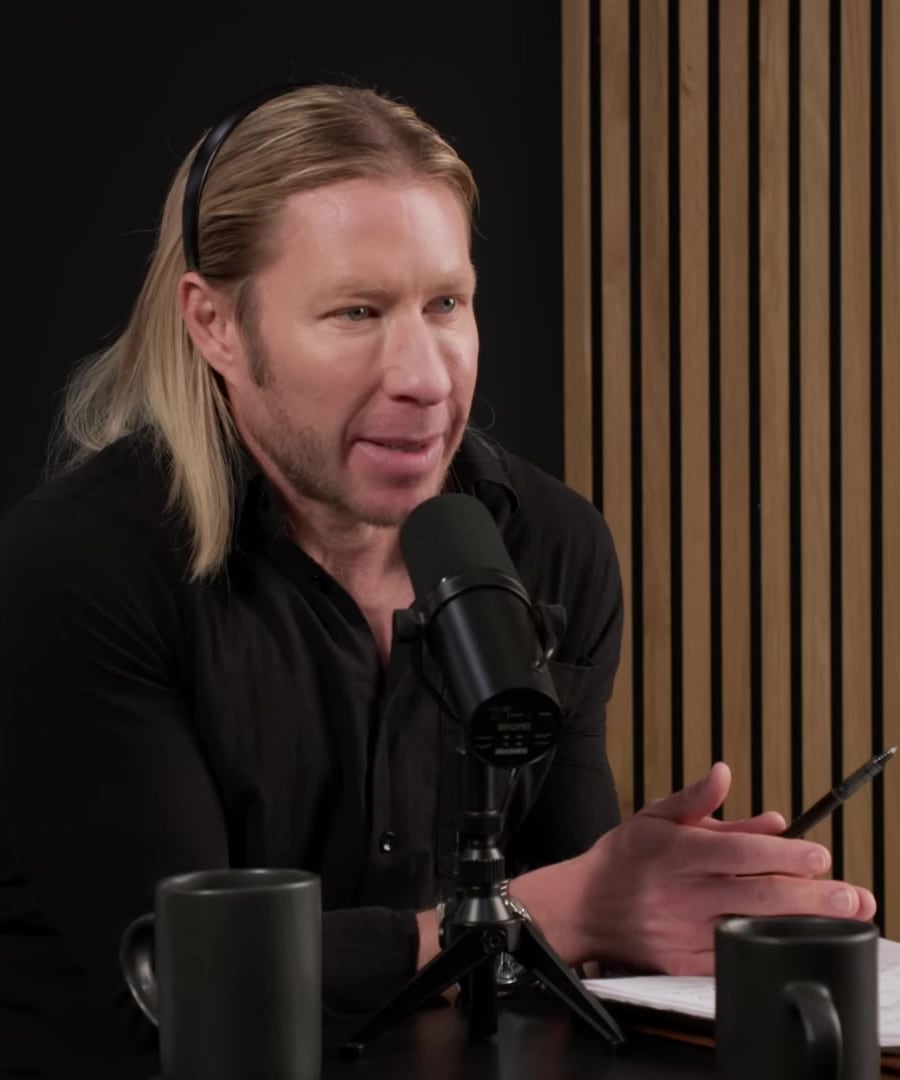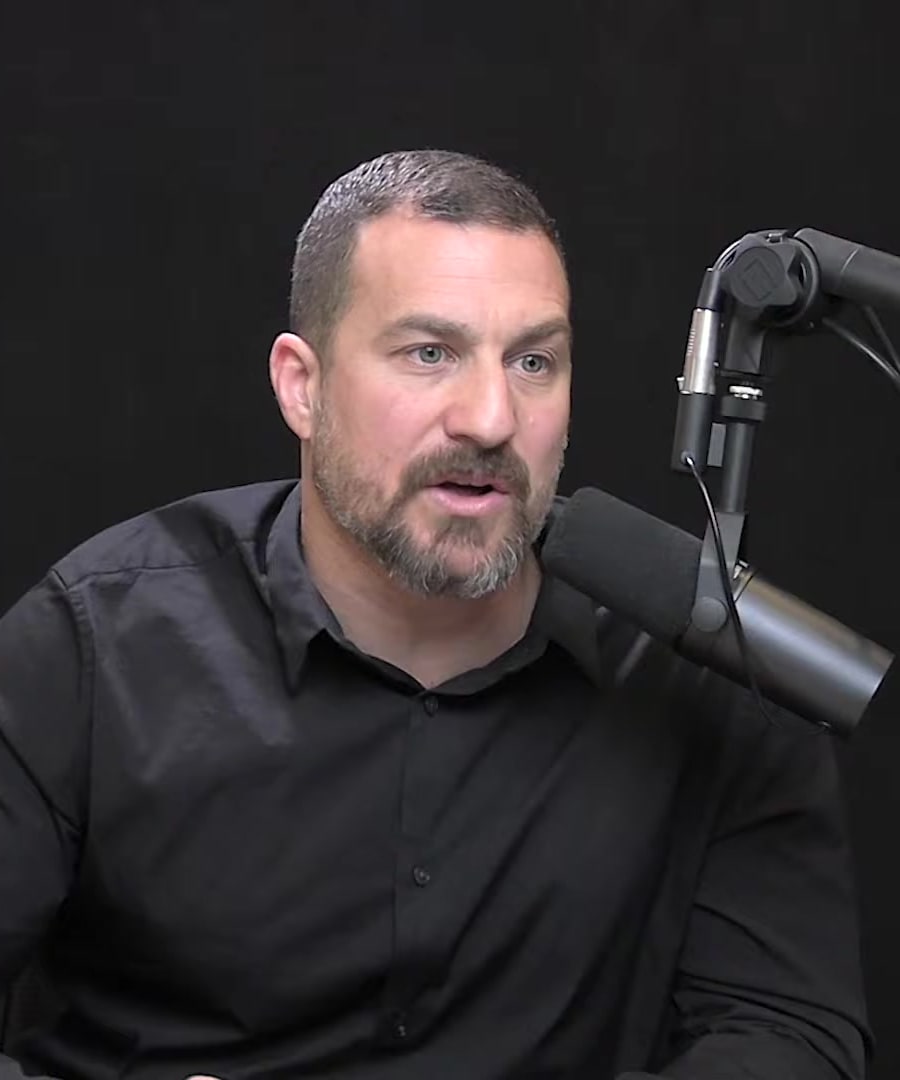How does marijuana affect sleep?
Sources:
Marijuana affects sleep primarily through its active component, THC (tetrahydrocannabinol). THC can help you fall asleep faster and initially reduce the time it takes to reach sleep latency. However, this benefit comes with significant drawbacks.
-
REM Sleep Disruption: THC is known to block or significantly reduce REM (rapid eye movement) sleep, which is a critical phase for dreaming and overall restorative sleep. This means regular cannabis users might experience fewer dreams or report not remembering them as much 1 2. When THC use is stopped, people often experience a "REM rebound," where they have vivid and intense dreams as the brain attempts to catch up on lost REM sleep 3.
-
Sleep Quality: Despite potentially reducing the time to fall asleep, THC disrupts the overall architecture of sleep. It affects the depth and sequencing, meaning the sleep achieved might not be as restorative as natural sleep cycles 4 5.
-
Tolerance and Dependence: Over time, regular users may develop a tolerance, requiring more THC to achieve the same sleep-inducing effects. This can lead to dependence, and cessation often results in rebound insomnia and heightened anxiety 2 3.
-
CBD (Cannabidiol) Effects: Unlike THC, CBD does not have the same REM sleep-blocking effects and may even have sleep-promoting properties, especially at higher dosages. However, the data on CBD's effects on sleep are less definitive and require more research 6.
Given these factors, while THC may seem beneficial for sleep initiation, its long-term use could negatively impact sleep quality and overall health.
RELATED QUESTIONS-
How does marijuana affect sleep?
- RELATED QUESTIONS





